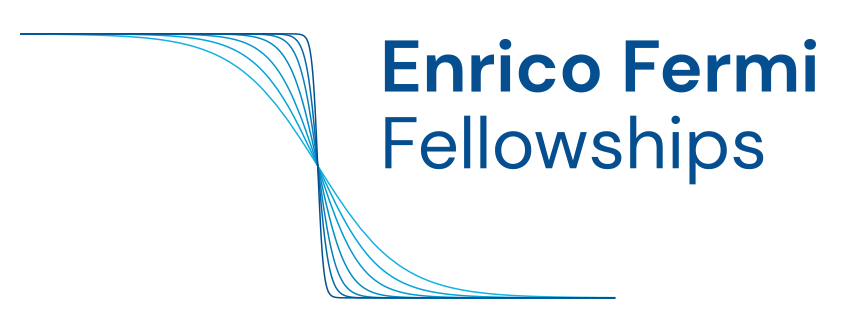No, there are no such restrictions.
FAQ
How will my salary be paid if I am awarded the fellowship?
The CSTQ will not pay your salary directly. Instead, if you are awarded the fellowship, the CSTQ will sign a contract with the host institution where you will conduct your research, and we will transfer the necessary funds to them. The host institution will then handle all administrative aspects of your fellowship, including your payment. You will not sign a contract directly with us.
It is up to you and the host institution to negotiate the most appropriate form of compensation. Both options—salary or stipend/scholarship—are possible. You and the institution should take into account any tax implications and decide accordingly.
The amount must be appropriately justified, and all expenses (if any, such as social security, employer taxes, etc.) should be explained in the narrative. There is no set template. As a general guide, you can refer to how other PhD students at your institution are typically paid in terms of both the amount and the form of payment. Still, adjustments can be made based on your personal circumstances.
The ultimate goal is that the salary or stipend ensures you can live comfortably while pursuing your first-class research.
Do the Enrico Fermi Fellowships provide a degree or have their own graduate program?
No, the fellowships do not provide a degree or have their own graduate program. They are intended to support your project in a hosting institution where you are enrolled in a graduate program.
How do I choose a project for the application?
You need to propose your own research project. The project title should reflect the research you plan to undertake as part of the fellowship and should emphasize your cross-training in theoretical and experimental physics.
Do my supervisors need to be from the same institution?
No, your supervisors do not necessarily need to be from the same institution. They should be faculty members or researchers who have agreed to oversee your project.
Which institution will be the host institution if my supervisors are from two different universities?
In cases where you have supervisors from two different institutions, the host institution is typically the one where you are registered as a PhD student. This institution will also manage the fellowship administratively, including handling any payments (such as your salary or stipend).
Can postdocs also apply or are the fellowships intended only for Ph.D. students?
The fellowship is meant for Ph.D. students. While we allow the EFF to extend for a short period after the student’s graduation, it is not a Post-doctoral fellowship. If you already hold a Ph.D., the EFF is not for you.
Do I need to have a Ph.D. position to apply?
No, the students are not required to have a PhD position in order to apply. However, the application must include a formal statement from a university that commits to supporting the students. A statement such as, ‘If the fellowship is awarded, we commit to offering them the position,’ would be acceptable, provided it is binding. This requirement is necessary because the fellowship funds must be disbursed to an institution rather than directly to the student.
Do both supervisors need to have permanent positions or university contracts that last for the entire duration of the fellowship?
At least one supervisor should be the official supervisor authorized by the degree-granting institution (your current supervisor). Exceptions can be made if there is a formal co-supervisor arrangement where the actual supervision is done by someone else, such as a research group leader or similar (who may be a postdoc). The second supervisor can be quite flexible, but generally, we expect both supervisors to be sufficiently senior to know the research field and have worked with several students to give a realistic estimate of the student’s ability. In most cases, this implies that both supervisors have 3-5 years of post-PhD research experience and usually hold a rank higher than a regular postdoc (such as a research group leader, senior postdoc, assistant professor, etc.). However, the situation should be clearly explained in the relevant supporting letters and will be evaluated by the selection committee.
Where should the overheads be included in the budget?
The Overheads costs should NOT be included in specific expense lines of the budget template. You only need to indicate the applicable percentage in the budget template. The total amount will be calculated automatically. If you are awarded the fellowship, we will negotiate this directly with your administration. However, they should be aware that the maximum allowable overhead rate is 10% and acknowledge this in their institutional statement.



